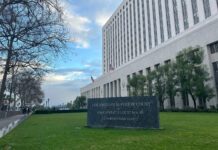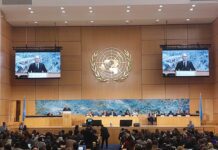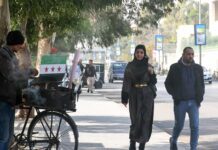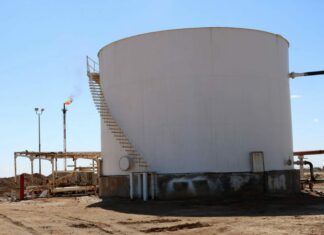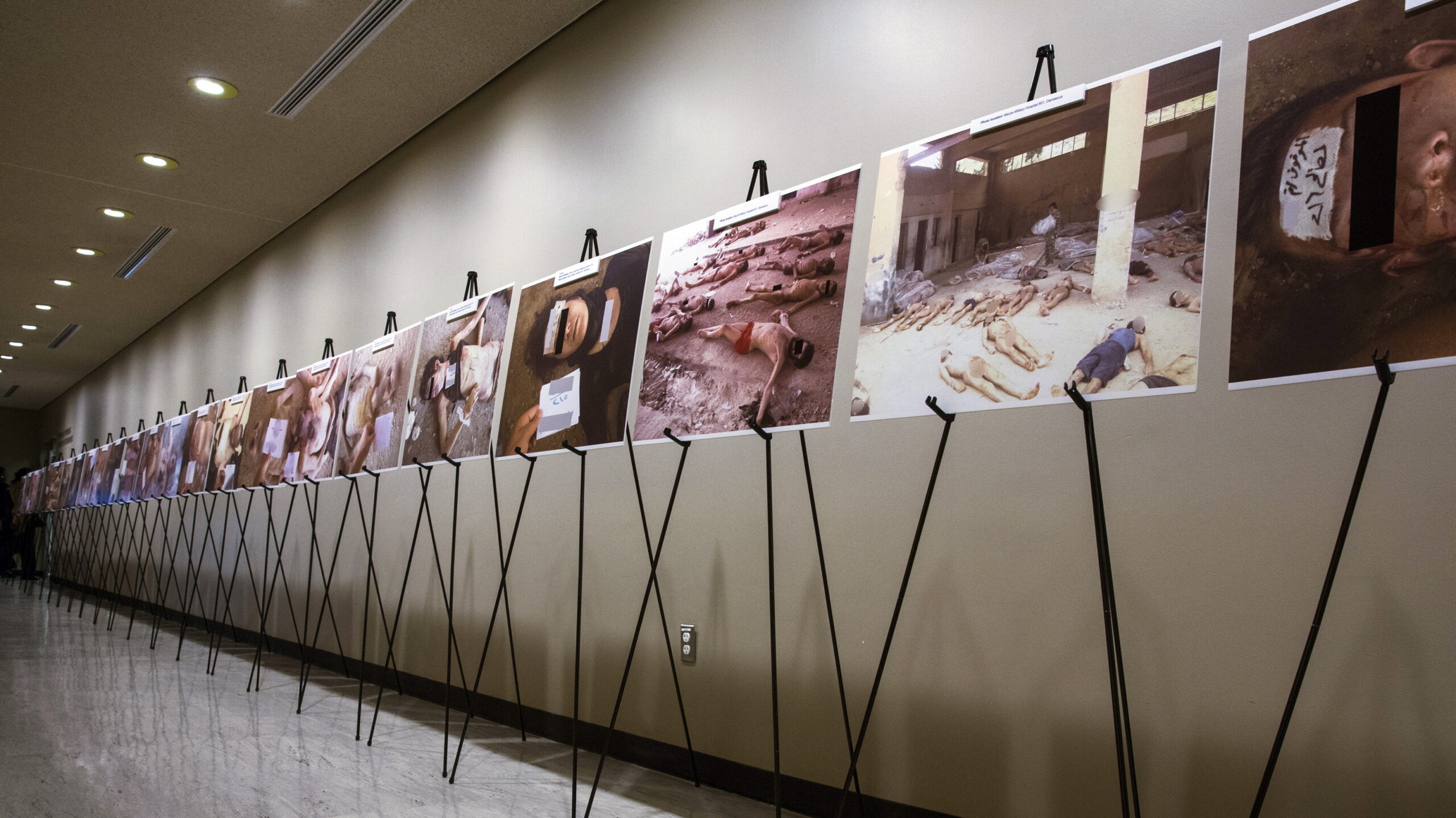
As Israeli security forces in Palestine raid the Al-Aqsa Mosque to arrest and attack worshipers during Ramadan, thousands of Palestinians remain lost in the torture chambers of Bashar Assad in neighboring Syria.
In a report released last month the human rights organization, Action Group for the Palestinians of Syria (AGPS) documented the crimes perpetrated by the Assad regime against Palestinians living in Syria. According to the report the regime murdered 643 Palestinians via torture and has another 3,076 Palestinians of unknown fates lost in the dungeons of the Assad regime, 110 of whom are women.
Several testimonies of detainees describe the inhumane treatment and persistent terrorizing of the prisoners, especially the women, listing electric shocks, stress positions, hanging victims from the ceiling by their wrists and beating them (a practice known as “the ghost”), and striking them with iron rods, steel cables and whips.
Among those tortured to death were women, children, and elderly. The report stressed the regime’s security forces often inflict mental anguish on the families of those abducted by refusing to inform them of the status of those imprisoned, whether they are dead or alive.
According to the AGPS, the number of detainees and deaths is likely much higher due to the fact that the regime does not release information about the dead nor provide death certificates or even bodies for many killed while in custody. They mentioned that many families are reluctant to speak about lost relatives for fear of retaliation by Assad’s security and intelligence services.
The human rights group mentioned that under international law and the Geneva Conventions, hiding, withholding or disposing of the bodies of the detainees is illegal and considered a war crime and a violation of international human rights, demanding that Assad reveal the fates of those in his prisons and return the bodies of the deceased to their families. They also ask that these crimes be documented and charges against the regime filed in international and human rights courts and institutions.

